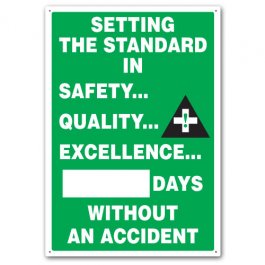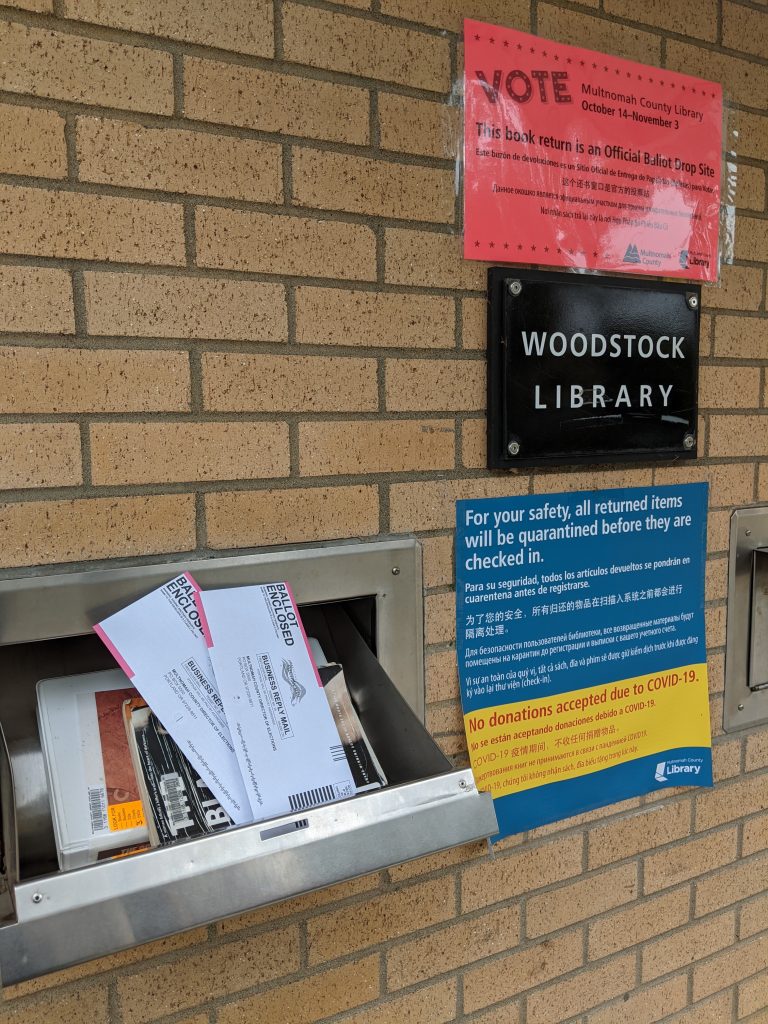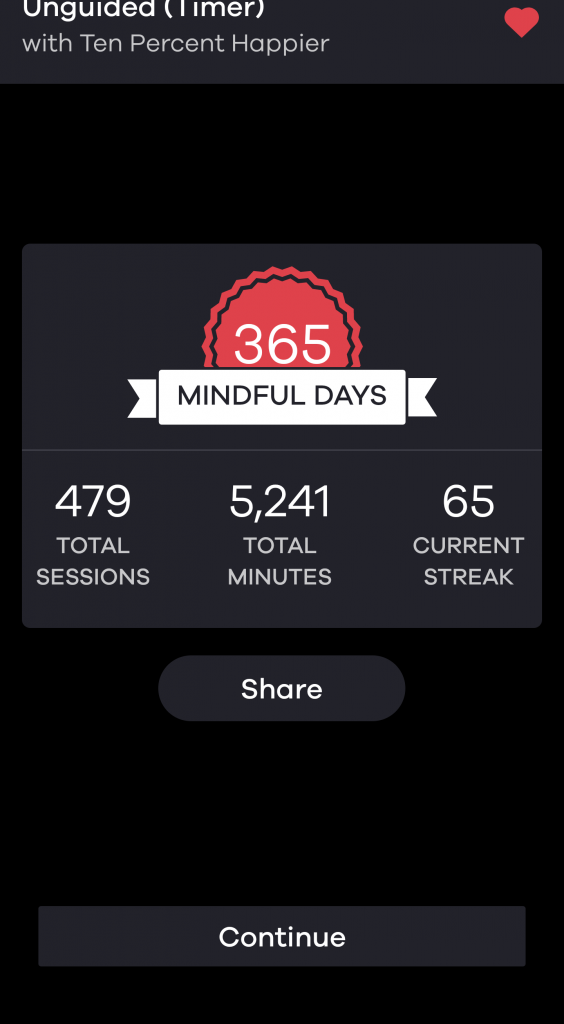My nephew Mason started studying French via Duolingo. You may not know about Duolingo. You may not believe in it. How can a gamified, free app really teach a language? My answer: work, lots of work. If you call spending time with Duo “work.”
If you spend around 110 hours studying with Duolingo you will have about the same results as two years of college language classes. Same results, half of the time spent studying. After taking in how Duolingo tracks how they do, believe it. There are other videos on Duolingo. You may want to watch the guy who invented Duolingo talking about Duo and how far it has come. There is another bunch of interesting ones on YouTube in Duolingo’s DuoCon 2020 Playlist. I could recommend some of the other videos beyond the two so far. I could, but then you would have them all recommended. So Go Watch Them!
You may have figured out that I am a Duolingo user and fan. I have been studying with Duolingo since December of 2013. That was pretty early in their history, publicly available since June of 2012. I can report that I’ve been OK with my Spanish. I’ve used it in Spain, Colombia, Argentina, and Mexico. However, I have had two problems.
Number one is hearing. And not just Spanish, English too. I have hearing aides and they help but they don’t do it all. I can’t understand English in social contexts. Spanish in some contexts I’m lost. But, when my wife, who has excellent hearing, is there to repeat or translate something for me and get me on the track, then I am off to conversing with them. Like the subject of getting change at a museum, they didn’t have it. Once I knew they were referring to change I could ask them about that and go from there. So once I get started, we’re good.
My second item is having a stroke. In my case a big issue is coming up with words. I just lose the vocabulary. And I fumble, come up with synonyms, describe what I’m after and whatever it takes to unstick my brain and express myself. I had a streak of 700+ in March of 2018. I’m not sure what I was up to before my stroke. And I am not sure what effect it has had on my Spanish. But I’m back at it and mostly got my Spanish vocabulary. This adventure was one of my medical outages. It was the biggest.
Those are the two things that I perceive as my Duolingo issues. I am still able to get most words correct, a stroke or not a stroke. What does this have to do with my nephew Mason? I heard he wanted to study French. I recommended Duolingo. He picked it up and is going great on it. So I added French to my Duolingo list. I had already started on Latin because, well why not? So I was up to three languages. My wife decided she wanted to freshen up her Norwegian. When she started that I added it to my list. Four is enough for now. I think.
I also got into a discussion with Mason. I suggested he get to the first check point as quickly as possible. Then he could do stories. He stuck to his strategy of working each skill set to the max. Which got me to thinking about what works best with Duolingo. Where is what they recommend. This is important. And I eventually settled in on a strategy for working largely based on Duo’s recommendation.
I am slowly building up through the languages. Spanish, which I had at one time completed to everything Duolingo had to offer, A Golden Own, then they changed. They added more content. They improved the content that they had. So I started again. Took some time out for medical time outs. And I’m not working to have it all, all of the offerings from Duolingo.
What does that have to do with calling myself a Diamond? Duolingo has 10 levels of achievement. If you study a lot and are one of the Top Ten you advance. I was stuck at the Ruby level before my cooperation with Mason. Now I’m at the Diamond level. As far as I know, the highest level.
Off to more adventures!


